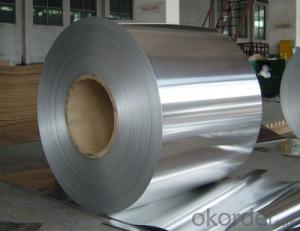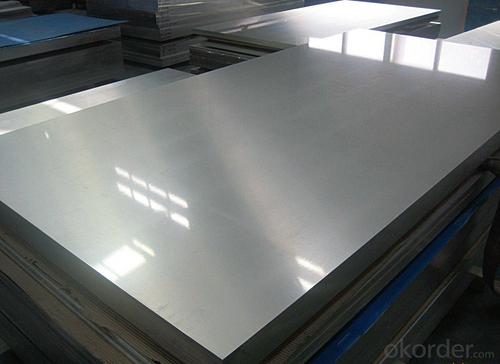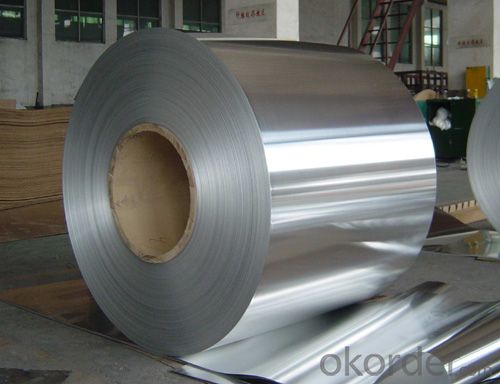Laminas/Rollos naturales de aluminio 3003 H14
- Loading Port:
- Shanghai
- Payment Terms:
- TT or LC
- Min Order Qty:
- 5 m.t.
- Supply Capability:
- 100000 m.t./month
OKorder Service Pledge
OKorder Financial Service
You Might Also Like
Laminated Raw Aluminum Coil (3003 H14)
Product Description:
Laminated Raw Aluminum Coil is designed for many fields such as electronics, instruments, lighting decoration, packing industry, and house decoration, curtain walls, honeycomb-core panel, sandwich panel, aluminum composite panel, aluminum composite pipe etc. Laminated Raw Aluminum Coil is hard and durable, even under the blazing sun. You can choose the right alloy for your habitation and we will do our best to meet your requests.
Product Features:
• Smooth surface
• High manufacturing accuracy
• High strength of extension and yield
• Well packaged
• No marks, no scratch, no excessive oil
Product Applications:
Product Specifications:
Alloy: | AA1050, 1060, 1070, 1100, 3003, 3004, 3005, 3105, 5052, 5083, 5754, 8011, 8006 |
Temper: | H14, H16, H18, H22, H24, H26, H32, O/F |
Thickness: | 0.2-100mm |
Width: | 30mm-1700mm |
Product Images:
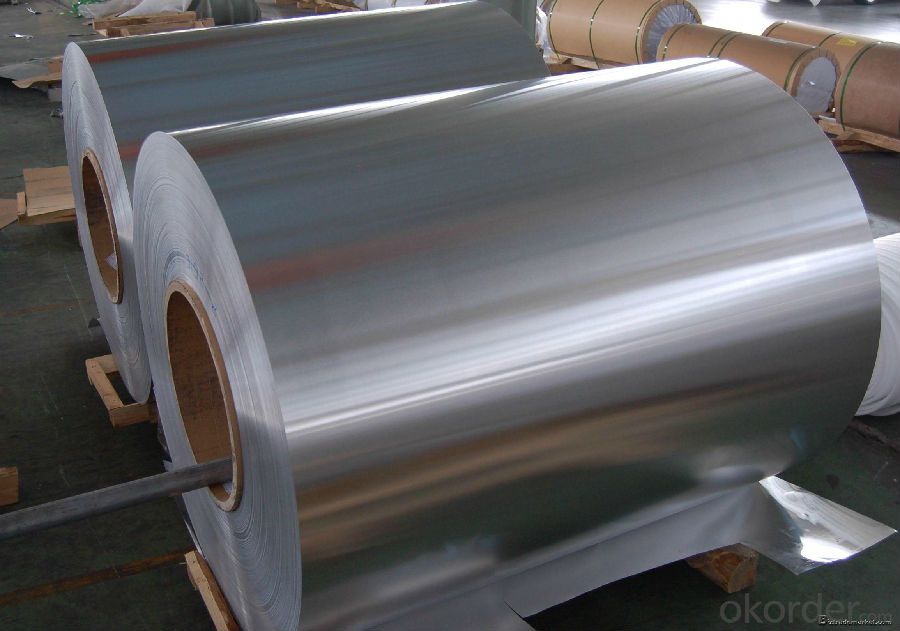
Production of Aluminum Sheet with PE Film
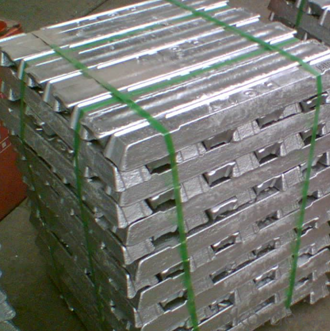
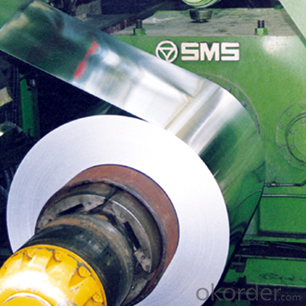
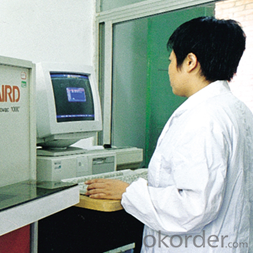
FAQ:
Q1: Why buy Materials & Equipment from OKorder.com?
A1: All products offered by OKorder.com are carefully selected from China's most reliable manufacturing enterprises. Through its ISO certifications, OKorder.com adheres to the highest standards and a commitment to supply chain safety and customer satisfaction.
Q2: How do we guarantee the quality of our products?
A2: We have established an advanced quality management system which conducts strict quality tests at every step, from raw materials to the final product. At the same time, we provide extensive follow-up service assurances as required.
- Q: Can aluminum coils be used in the production of aluminum composite ceilings?
- Aluminum composite ceilings can indeed incorporate aluminum coils. The utilization of aluminum coils as the foundational material for manufacturing aluminum composite panels is quite common. These panels, in turn, serve as the foundation for constructing ceilings. The coils themselves typically consist of high-quality aluminum alloy and have undergone numerous processes to guarantee their durability, strength, and visual appeal. For added protection, the aluminum coils are coated with a layer of either PVDF or polyester. This coating serves to enhance their resistance to weathering, UV rays, and corrosion. Additionally, this protective layer allows for a wide array of color options, thus providing ample flexibility in design choices for aluminum composite ceilings. In summary, aluminum coils play a vital role in the production of aluminum composite ceilings. They offer a lightweight, fire-resistant, and long-lasting solution for a variety of architectural and interior design applications.
- Q: Which type of wheel is more durable, long-lasting and which wheel type would cost more, Aluminum or chrome?
- i like aluminum although it does wear easily.
- Q: Is it possible to utilize an angle grinder for cutting hot rolled aluminum coils?
- <p>Yes, you can use an angle grinder to cut hot rolled aluminum coils, but you must take precautions. Use a grinding disc specifically designed for metal cutting, preferably one with a diamond or carbide grit for better performance on aluminum. Ensure the grinder is equipped with a safety guard and wear appropriate safety gear, including goggles and gloves. Be aware that aluminum can be reactive when heated, so cutting may produce sparks and fumes; ensure proper ventilation. Always follow the manufacturer's guidelines for your specific angle grinder and safety regulations.</p>
- Q: How do you clean and maintain aluminum coils?
- To clean and maintain aluminum coils, start by turning off the power to the unit. Then, use a soft brush or vacuum cleaner to remove any dust, dirt, or debris from the coils. Next, mix a solution of mild detergent and warm water, and apply it to the coils using a soft cloth or sponge. Gently scrub the coils to remove any stubborn stains or grime. Rinse the coils thoroughly with clean water and allow them to dry completely before turning the power back on. Regularly inspect and clean the coils to ensure proper functioning and longevity of the aluminum coils.
- Q: What are the dimensions of an aluminum coil?
- The dimensions of an aluminum coil can vary depending on the specific application and manufacturer. However, common dimensions for aluminum coils range from 0.15mm to 8mm in thickness, and from 20mm to 2000mm in width. The length of an aluminum coil can be customized to meet specific requirements.
- Q: How do aluminum coils compare to copper coils in terms of conductivity?
- The conductivity properties of aluminum coils and copper coils differ. Copper is renowned for its exceptional electrical conductivity, making it the preferred option for applications where maximum efficiency is vital, like electrical wiring and motor windings. In comparison, copper coils possess a considerably higher electrical conductivity than aluminum coils. Consequently, copper coils can transmit electricity more efficiently, resulting in decreased power losses and enhanced overall performance. Conversely, aluminum coils exhibit lower electrical conductivity when compared to copper coils. Although aluminum is still a capable conductor of electricity, it is not as efficient as copper. This implies that aluminum coils may experience increased power losses and reduced efficiency in contrast to their copper counterparts. Nevertheless, aluminum coils possess their own advantages in certain applications, such as being lighter and more cost-effective. Ultimately, the choice between aluminum and copper coils hinges on the specific requirements of the application, with copper being favored for its superior conductivity properties.
- Q: How do aluminum coils compare to copper coils in terms of performance?
- Aluminum coils and copper coils serve as two commonly used types of heat exchanger coils within heating, ventilation, and air conditioning (HVAC) systems. Although both materials effectively transfer heat, they differ in terms of performance. Due to its superior heat transfer properties, copper coils have long been the favored option for HVAC systems. Copper possesses excellent heat conductivity, enabling efficient thermal energy transfer. Consequently, copper coils effectively cool or heat the surrounding air, resulting in quicker and more efficient temperature control. Conversely, aluminum coils exhibit lower heat transfer efficiency compared to copper coils. Aluminum proves to be a poorer heat conductor, necessitating a larger surface area to achieve the same level of heat transfer as copper. Consequently, aluminum coils tend to be larger in size to compensate for their inferior heat transfer capabilities. However, aluminum coils possess certain advantages over copper coils. Firstly, aluminum boasts a lightweight nature, facilitating easier handling and installation. This proves particularly beneficial in situations where weight restrictions or handling limitations are present. Secondly, aluminum coils display greater resistance to corrosion in comparison to copper coils. Copper is susceptible to corrosion over time, especially in environments with high humidity or exposure to specific chemicals. In contrast, aluminum naturally forms a protective oxide layer, which aids in corrosion prevention. This results in longer-lasting coils and a reduced likelihood of refrigerant leaks. In conclusion, while copper coils offer superior heat transfer capabilities, aluminum coils possess their own benefits, such as lighter weight and enhanced corrosion resistance. Ultimately, the choice between aluminum and copper coils depends on the specific requirements of the HVAC system, including desired performance, budget, and environmental factors.
- Q: Are aluminum coils suitable for automotive applications?
- Yes, aluminum coils are suitable for automotive applications. Aluminum coils offer several advantages such as lightweight, high corrosion resistance, and excellent heat conductivity, making them an ideal choice for various automotive components like radiators, condensers, and evaporators. The use of aluminum coils helps improve fuel efficiency, reduce emissions, and enhance overall vehicle performance.
- Q: What are the weight and thickness options for aluminum coils?
- The weight and thickness options for aluminum coils can vary depending on the specific requirements and applications. Aluminum coils are available in a wide range of weights and thicknesses to cater to various industries and needs. In terms of weight, aluminum coils can be found in different options such as light gauge, standard gauge, and heavy gauge. Light gauge aluminum coils typically range from 0.006 to 0.025 inches in thickness and are commonly used in industries that require lightweight materials such as packaging, electronics, and automotive components. Standard gauge aluminum coils are slightly thicker, ranging from 0.026 to 0.063 inches, and are often used in construction, roofing, and transportation applications. Heavy gauge aluminum coils are the thickest option, typically ranging from 0.064 inches and above, and are commonly utilized in heavy-duty applications such as aerospace, marine, and industrial equipment manufacturing. Regarding thickness, aluminum coils come in various options as well. The thickness is typically measured in inches or millimeters, and the range can vary from as thin as 0.006 inches (0.15 mm) to as thick as 0.25 inches (6.35 mm) or even higher for specific applications. The appropriate thickness of the aluminum coil depends on the intended use and the desired structural strength or flexibility required. It is important to note that these weight and thickness options may vary depending on the manufacturer and the specific aluminum alloy used. It is always recommended to consult with the manufacturer or supplier to determine the most suitable weight and thickness options for your specific application.
- Q: 94 f150. have the stock wheels which are weathered and dull. whats a good way to bring the shine back? some of the original coating is there ,most is gone. tried mothers aluminum wheel polish,does nothing. is it wise to use a wire wheel in a drill to get down to just the aluminum? the wheels are those with the center plastic cap with holes around the outer edge.thanks for any info
- Get a couple of those Mothers power balls .If the clear coat is coming off Then dirt is embedded in the rim The best way is to have them polished by a pro .If thats not the route you want to go ,the power ball is about the only thing that can help you out and for much cheaper than having a pro do it .Not to mention doing it by hand just sucks .But it would take two at least to do all 4 wheels Then the polish will do what its advertised to do or use any polish you want You will need to at least remove the wheel off the truck for the best results If you strip the rims or use acidic cleaners to remove the remaining clear coat It may take more materials Like polish ,Pads,or the power ball thing Cause it will leave a raw aluminum surface which usually requires more time and labor to polish out DON'T WIRE WHEEL THE RIMS OKAY YOU WILL SCRATCH THEM SO DEEP YOU WILL RUIN THEM NO ABRASIVE MATERIALS ARE TO BE USED ON A ALUMINUM RIM NOT EVEN A WIRE WHEEL OF ANY TYPE OR MATERIAL SHOULD BE USED ON THE RIM what you'll do is make them uglier Cause pitting strip the surface leaving a porous and uneven surface Which corrosion likes to form on .Thats the worst and the wrong way to clean aluminum and even steel sometimes depending on what it is But NEVER aluminum
Send your message to us
Laminas/Rollos naturales de aluminio 3003 H14
- Loading Port:
- Shanghai
- Payment Terms:
- TT or LC
- Min Order Qty:
- 5 m.t.
- Supply Capability:
- 100000 m.t./month
OKorder Service Pledge
OKorder Financial Service
Similar products
Hot products
Hot Searches
Related keywords

